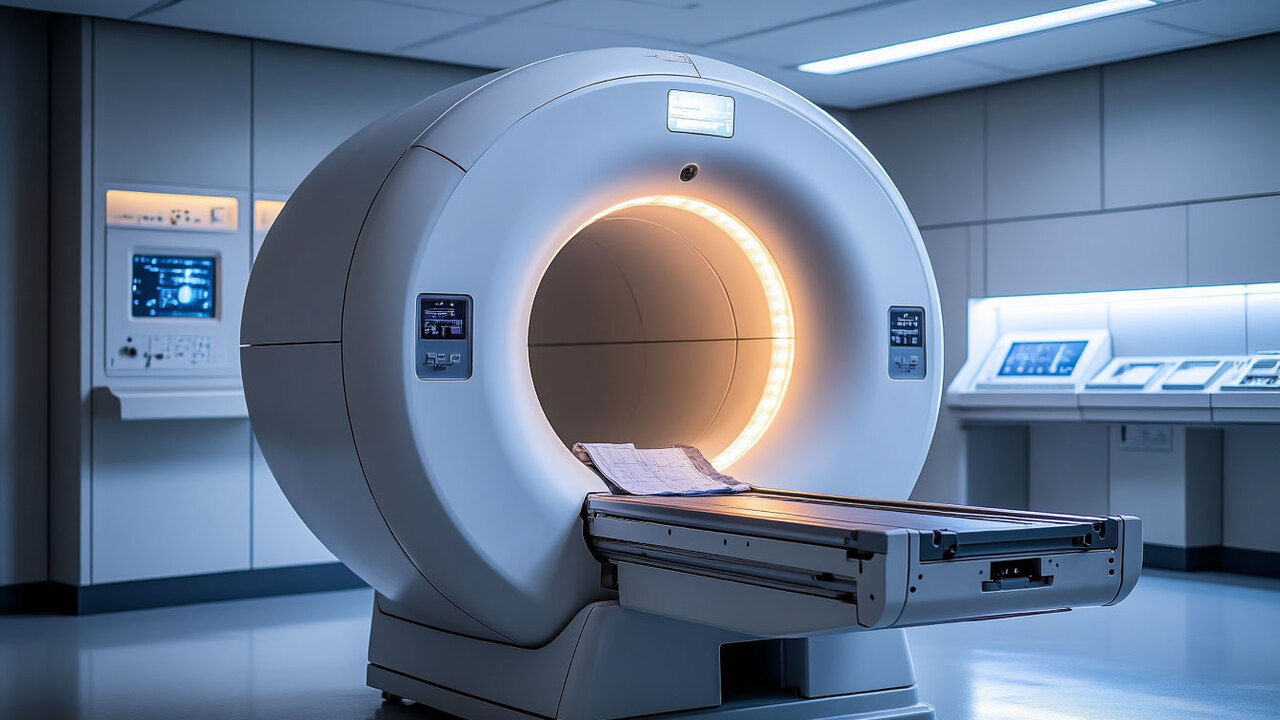A few years ago they came into fashion food intolerance test. From pharmacy before private clinicsThere are many establishments that offer them. However, they are still not available in healthcare and there is an explanation for this: they do not have any scientific evidence.
However, some clinics are already starting influencers to advertise their services. As a rule, they tend to influence those who promote a healthy lifestyle without having any training for this. Therefore, they often accept the offer and take the test themselves. As a result, they usually show a mile-long list of foods they can no longer eat, and are generally very happy to note that by removing them from their diet, they find their digestive health has greatly improved.
In fact, this is what happens to most people who get tested for food intolerances. As a result, they get list of foods not to eat or, otherwise, the treatment they should follow. In the first case, this usually means a massive restriction of some nutrients, which can be dangerous. And, secondly, it becomes another blow to the pocket, already weakened earlier by the test, which is not cheap at all. But then, is there no way to know if we have a food intolerance? That’s what science says.
Don’t confuse them with allergies
The first step before talking about a food intolerance is to distinguish it from a food allergy.
Like any other allergy, it occurs when the immune system mistakenly attacks certain components of certain foods, such as nuts, milk proteins, or certain fruits. In such cases it runs allergic reaction very quickly, which can cause symptoms such as difficulty breathing, rash, swelling of the tongue and, in the worst case, anaphylactic shock and even death. In fact, a few months ago in Spain we heard about the sad case of a girl with a milk allergy who died while drinking coffee.
On the other hand, food intolerance occurs when, for some reason, the body unable to digest certain components present in food. For example, people with lactose intolerance lack lactase. It is an enzyme (a type of protein) that breaks down a milk sugar called lactose into two main components that glucose and galactose. Our digestive system can easily digest these two sugars, so lactose needs to be broken down first. Otherwise, symptoms such as abdominal pain, gas, or diarrhea occur.
An allergy caused by an immune system reaction can be easily detected. They can be diagnosed with a typical scratch test, which is also used to diagnose pollen allergy. Although it is much more reliable to do a blood test that looks for Immunoglobulin E (IgE). This is a type of antibody that is released during allergic reactions in response to certain foods, so it is very helpful to know exactly what kind of food allergies we have.
What about food intolerance tests?
In the same way that IgE is used to diagnose allergies, food intolerance tests are also antibody-based. Instead of IgE they are looking for IgGwhich is presumably related to intestinal malabsorption. However, there is no scientific evidence for this.
In fact, studies show in this respect that the presence of anti-food IgG represents the impact of that particular food and is indicative of immunological tolerance. Hence, it is something “clinically irrelevant”. But also something very ordinary. If we have been heavily exposed to this food, it is logical that IgG comes out high, so the results contain very long lists of products. In addition, people taking these tests are often surprised by phrases such as: “If I ate a lot of this food and thought that everything was fine with me.” Of course, and it is. They have eaten a lot of this food and nothing is happening to them.
Ever since IgG-based food intolerance testing came into vogue, authorities in immunology and the digestive system have begun to warn about their lack of scientific evidence. For example, Spanish Society of Allergology and Clinical Immunology included this type of testing in the list of unacceptable practices. Even American Academy of Allergy, Asthma and Immunology He described them as myths, judging by what they say in the OCU.
You might think that they are wrong, that they are allergists and do not know anything about the digestive system. But they know a lot about the immune system, and in these cases, the immune system becomes associated with something wrong.
Yes, there are some types of food intolerances that we can diagnose.
As a rule, to find out if there is an intolerance to certain foods, you need to go gradually eliminating them from the diet and seeing results. This is a slow but effective process.
However, there are some food intolerance tests with scientific evidence. In particular, those aimed at diagnosing intolerance to lactose, fructose and gluten.
The first two are diagnosed in the same way, using a hydrogen breath test. Hydrogen is formed when gut microbiota bacteria break down sugar. For this reason, its levels in exhaled air can help to know if they have previously been adequately processed.
In addition, for the diagnosis lactose intolerance a blood test can be done before and after drinking a lactose-based drink. If it is digested, the blood glucose level should increase because, as we have seen, it is made up of glucose and galactose. If they do not increase, then this is because lactase does not work and, therefore, we can talk about intolerance.
As for gluten intolerance, it can be determined using intestinal biopsy.
So yes, there are some types of food intolerances that can be diagnosed. But tests sold by pharmacies and private clinics and promoted by influencers with or without knowledge of their ineffectiveness are useless, apart from making us a little poorer. In these times, we better take a close look at our pockets.
Source: Hiper Textual













